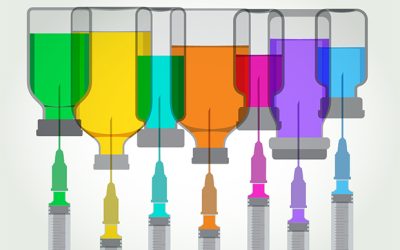New data published by the Out-of-Hospital Cardiac Arrest Outcomes (OHCAO) Registry, based at the University of Warwick Clinical Trials Unit, has revealed that out-of-hospital cardiac arrest survival rates remain low in England.
In England, the data revealed that around 8% of patients survived 30 days after a cardiac arrest in 2022, a decrease from the previous year.
Using data submitted by all English regional ambulance services, the findings aimed to collect and summarise high-quality data to support UK initiatives and improve the outcomes of out-of-hospital cardiac arrests.
The OHCAO registry was funded by the British Heart Foundation and the Resuscitation Council UK.
Cardiac arrests occur when the heart suddenly stops pumping blood around the body due to a dangerous abnormal heart rhythm, which happens when the electrical system in the heart stops working properly.
Every year, more than 30,000 out-of-hospital cardiac arrests occur in the UK, with a survival rate of around one in 12.
The data found that ambulance services performed resuscitations on nearly 5,000 patients following an out-of-hospital arrest, a quarter of whom had their hearts restarted by the time they reached the hospital.
Two-thirds of cardiac arrests occurred in men and around 80% took place in the patient’s place of residence.
In over 70% of cases, members of the public performed cardiopulmonary resuscitation (CPR) and in 10% of cases, a public-access defibrillator was used – an increase from 2021.
Dr Christopher Smith, clinical lecturer at Warwick Medical School and co-chief investigator at the OHCAO registry, said that the new OHCAO data helps to “identify the scale of the problem and areas where researchers and clinicians can target interventions to have the biggest impact,… with the aim of saving more lives in the future”.
“We must now focus on addressing the disparities revealed in the data, boosting CPR awareness, and advocating for wider public-access defibrillator utilisation,” explained James Cant, chief executive of the Resuscitation Council UK.










